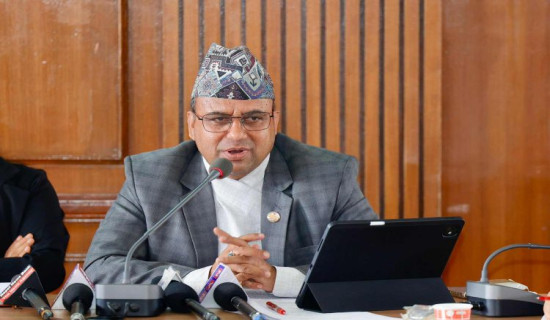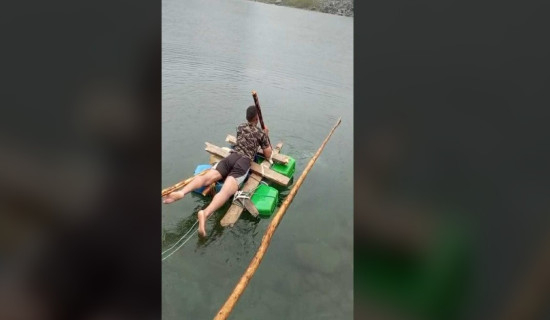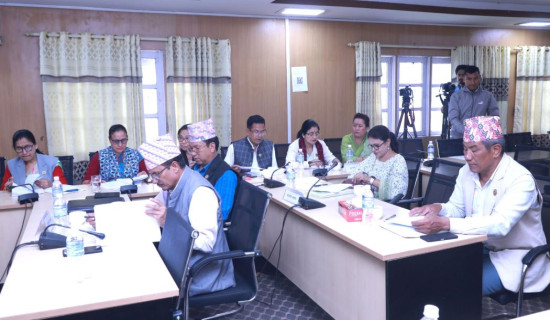- Monday, 28 July 2025
Clashes continue Monday as Thai, Cambodian leaders set for peace talks
By Bangkokpost (Bloomberg), July 28: Clashes between Thai and Cambodian forces continued into early Monday morning as their leaders are set for talks Monday to halt the deadliest clash between the neighbours in more than a decade, with the US sending mediators after President Donald Trump used tariff threats to press for a ceasefire.
Thailand’s Acting Prime Minister Phumtham Wechayachai and Cambodian Prime Minister Hun Manet are scheduled to meet in Kuala Lumpur at 3 pm local time (2 pm in Thailand), according to Thai government spokesman Jirayu Houngsub. The gathering will be at the office of Malaysian Prime Minister Anwar Ibrahim, who’s facilitating the dialogue in his role as the chair of the Association of Southeast Asian Nations.
The first talks since clashes began on July 24 come within 48 hours of Trump saying Thai and Cambodian leaders had agreed to “quickly work out a ceasefire”. After separate calls with Mr Phumtham and Mr Hun Manet on Saturday, Trump had threatened that Washington will not do a trade deal with either country as long as the fighting continued.
The clashes continued into early Monday morning ahead of the talks, with the Thai army reporting fighting at multiple locations along the border. Cambodia’s defence ministry said Thai forces used heavy shelling at two locations from around 3 am, the Khmer Times reported, citing a spokesperson.
Secretary of State Marco Rubio said US officials are on the ground in Malaysia. China, the top trading partner for both the Southeast Asian nations and a major backer of Phnom Penh, is due to participate in the talks, officials from Cambodia said.
“Both President Trump and I remain engaged with our respective counterparts for each country and are monitoring the situation very closely,” Rubio said in a statement. “We want this conflict to end as soon as possible.”
Trump’s tariff threat set off a flurry of diplomatic activities on Sunday, with Anwar eventually getting the two sides to agree to meet. Rubio also spoke to the foreign ministers of Thailand and Cambodia and urged them to immediately de-escalate tensions while offering US help in future talks.
Speaking to reporters just before meeting with European Commission President Ursula von der Leyen on Sunday, Trump acknowledged the phone calls with the two leaders.
“I called the prime ministers of each and I said, ‘We’re not going to make a trade deal unless you settle the war.’ A lot of people killed,” Trump said. “And I think by the time I got off, I think they want to settle now.”
With Trump’s Aug 1 tariff deadline looming, trade-reliant Thailand wants to avoid antagonising the US president, especially as its officials have been holding talks to lower the steep 36% planned levy on its exports. Trump has claimed credit for helping halt border clashes earlier this year between India and Pakistan by leveraging trade measures, and is now applying similar pressure in Southeast Asia.
“When all is done, and Peace is at hand, I look forward to concluding our Trading Agreements with both!,” Trump said on Truth Social after speaking to Thai and Cambodian leaders on Saturday.
Thailand’s trade talks with the US have included offering expanded access for American goods in an effort to narrow a $46 billion trade surplus with Washington. Neighbouring Indonesia, the Philippines, and Vietnam have already secured trade deals with the US in recent weeks.
Thailand and Cambodia shouldn’t have needed the pressure from Trump, and should have turned to Asean as a natural middle ground to mediate the conflict well before US intervention, said Fuadi Pitsuwan, a lecturer in international relations at Thammasat University in Bangkok.
“In the end, Trump will likely frame the situation as a win: he enforced a ceasefire while securing leverage” to impose punitive tariff rates, he said.
Despite the economic stakes, Thailand has taken a firm stance ahead of Monday’s talks. Officials say any ceasefire must be tied to bilateral resolution of the dispute, the withdrawal of troops, and a halt to the use of lethal weapons. Cambodia, by contrast, has said it is open to an unconditional cessation of hostilities.
The talks are “intended to listen to all proposals that could contribute to restoring peace,” spokesman Jirayu said. “The Thai government remains committed to defending the nation’s sovereignty and territorial integrity. Every square inch of it.”
The conflict, which escalated from months of simmering border tension, has killed more than 30 people and displaced over 150,000 civilians on both sides. Thailand has reported 22 fatalities, including eight soldiers, while Cambodia has confirmed 13 deaths, including five military personnel.
Heavy artillery fire continued Sunday across their 800-kilometre (500-mile) border, with both sides accusing each other of targeting civilians. Thailand has responded by deploying F-16s and Swedish-made Gripen fighter jets to strike Cambodian military positions.
Thailand and Cambodia share a history of border disputes, though relations have remained largely stable since a deadly 2011 clash that left dozens dead. The last major flare-up centred on the Preah Vihear temple, a historic flashpoint rooted in colonial-era disagreements.
Much of the current dispute stems from maps drawn on differing interpretations of early 20th-century Franco-Siamese treaties, which defined the border between Thailand and Cambodia, then part of French Indochina.

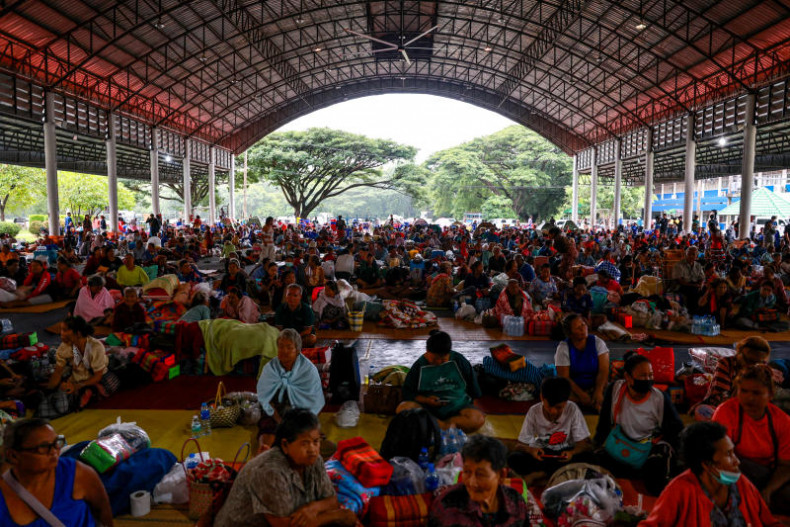

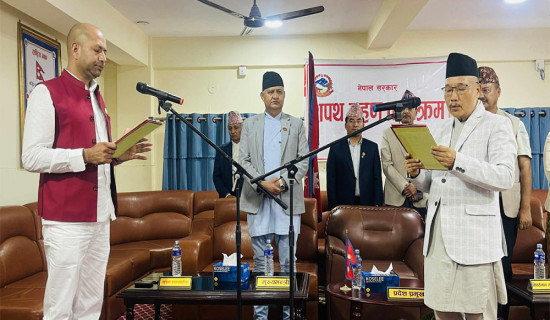
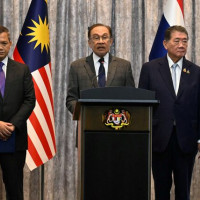
-square-thumb.jpg)
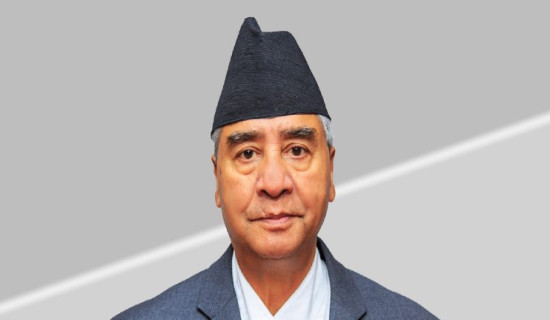
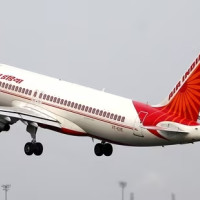
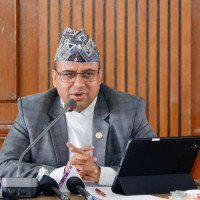
-original-thumb.jpg)
